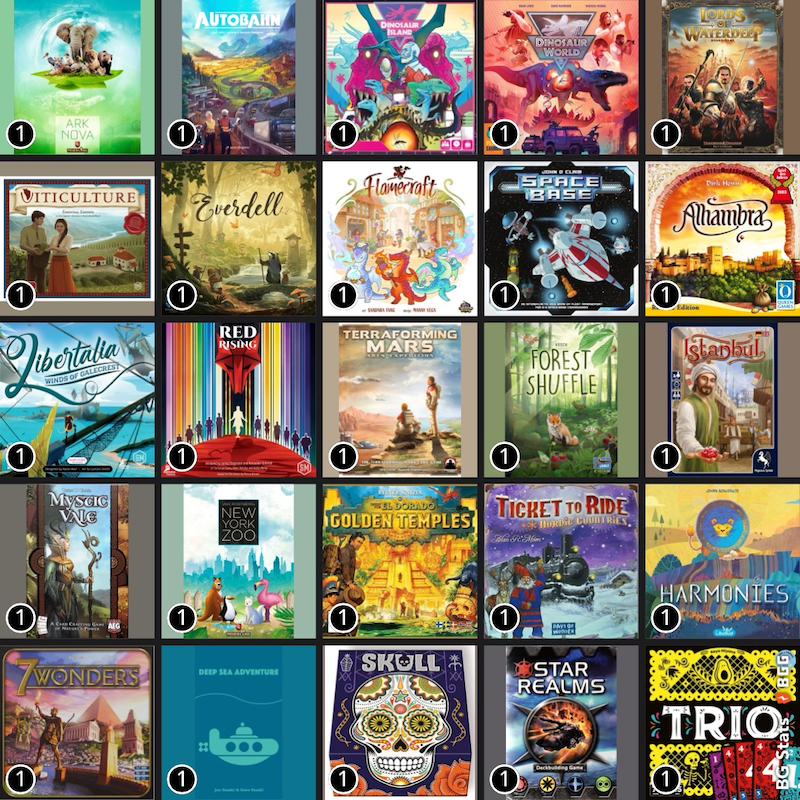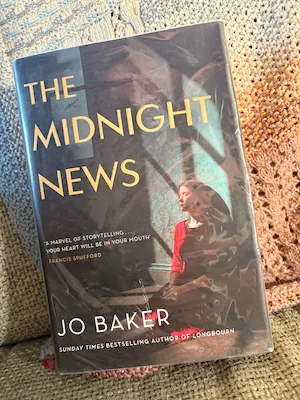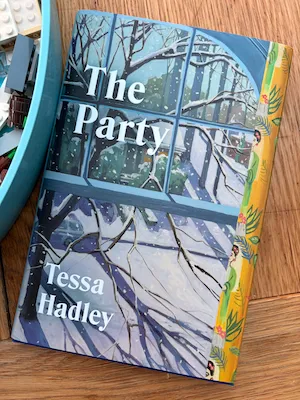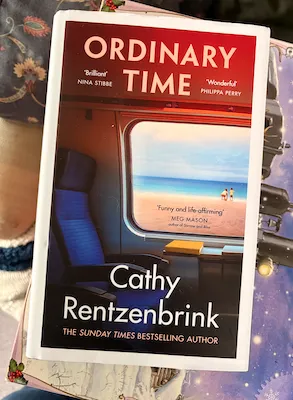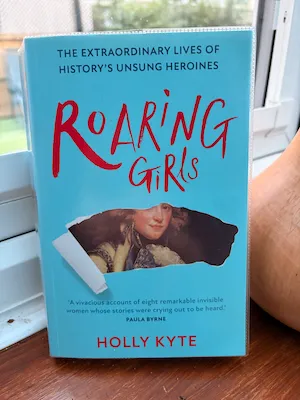Plain Truth
by Jodi Picoult
Sunday, November 18, 2001
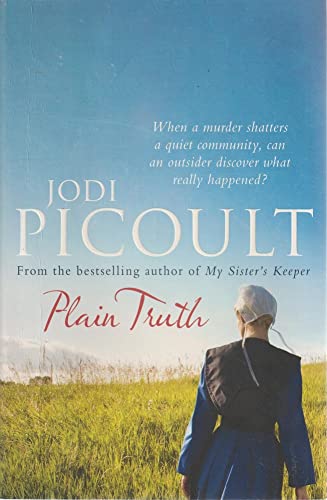
[these comments are taken from a mailing list discussion and contain spoilers]
[about the amish]
Ellie’s two problems were charging her laptop battery and her mobile phone battery. Mine would be identical. My computer and internet connection are the two biggest things I rely on electricity for and I’d be there running a generator to charge them up too.
I think the fridge is probably my next favourite electric item and the Amish had those running on gas so there would be no problem there. I like reading by candlelight, much prefer gas for cooking and heating (my current residence is all electric and having no gas is pretty annoying) and lived without a tv for years and rarely watch it now.
I think the restriction on learning would hit me a lot harder than the lack of electricity. I can see why they do this in the interests of equality but I could understand Jacob’s dilemma well.
I’d known beforehand that the Amish didn’t use electricity but I hadn’t realised that they were happy to use gas. I just looked up what the rationale behind this is and it’s apparently about not wanting to be “connected to the world” via wires rather than about denouncing technology. It looks like they use bottled rather than piped gas to get around this desire. I guess they would use batteries too? Also I found out that they sometimes use windmills to provide electric power and put communal phone boxes in the middle of fields to keep them in their proper place.
[about aaron and other characters] Aaron was the backbone of the book because if he hadn’t have been such an immovable character then this would have been a very different story and probably not such a dramatic one. Everyone else was forced to work around him.
He was a very black and white person with no concept of shades of grey in beliefs and adherence to them. Putting abstract religious beliefs above the well being of other people is a concept I find it difficult to wrap my head round and especially so when those people are the closest to you.
I found the way in which he hung onto his position even in the face of advice from his church really frightening. He was saying he knew better than the church and in a society where community is everything that seems to be totally bizarre. By holding to the rules by himself he was going against them anyway. Somewhat illogical.
I think he was a poor father and a worse husband and I can’t really see how he thought his attitude was for the best. At the end of the day if he’d been more sympathetic and his daughter had been able to reveal her pregnancy either directly or via her mother then the result would have been the same; the baby would still have died.
My favourite character is hard to choose. I had both sympathy for, and bones to pick with, most of the major characters. I think Katie was the most interesting character and the one whose actions I could understand most. Ellie annoyed me too much when she was writing in the first person to be my favourite.
[about hannah and “woo woo” stuff]
I’m not a big fan of ghosts or ghost stories but the type of “woo woo” in this book was the sort I could deal with for the most part. I like ghosts to either confine themselves to being seem by one person or to have non ethereal explanations. When Katie was the only person who saw Hannah’s ghost I was quite happy. I though using Hannah as a device to bring Katie and Adam together was clever. Katie was a good Amish girl with no desire to leave the community or do things that were non Amish so falling in love with an outsider wasn’t something she was at all likely to do. To make it believable the author gave Katie this experience of seeing ghosts which, as well as being an odd thing to do in the Amish community, is also an odd thing to do in the outside community. Because both Katie and Adam were outside the norm in this respect they had something in common. It worked for me anyway.
Also the fact that Sarah had already ‘lost’ two children and didn’t want to lose the third was an important point though one which I thought got confused. The degree to which Sarah is shown to have wanted more children makes her an odd person to have killed the baby. I could have seen her passing off Katie’s baby as her own (hysterectomy or not) or smuggling it away elsewhere or something like that, but I couldn’t see her as having killed it.
People have mentioned that Ellie also saw the ghost. I missed that bit and am glad I did ;-)
[about the police investigation]
Everybody seemed to close their eyes, not just the police. Whilst Katie did admittedly lie her little cotton socks off I was surprised that no one ever thought there was any merit in her claims that she really hadn’t killed the baby, that it had just vanished from her arms.
I was very glad this didn’t turn into a police investigation book though. This book evoked a really strong reaction in me near the beginning when one of the police officers says that the murder of a new born baby by its mother is exactly the same as any other homicide. I disagree strongly with that statement and didn’t think I wanted to go on reading a book that featured main characters who thought in that way. I was glad they didn’t turn out to be the main characters.
[about shunning]
I think the power of shunning comes from the fact that it’s practised in such a tight knit community. It’s the change from the regular behaviour that makes it so terrible. In the world I live in I’m so stubbornly self reliant and independent that I probably wouldn’t notice but there are other intangible assets that could be taken away from me that would affect me badly.
[rating]
I gave this book 4 out of 5 in the poll. To be honest I think I probably rated it too high. I didn’t like the book that much but I did think it was a strong story that made a big impression upon me and I’m really rating it for its ability to make me think rather than for it’s actual contents which probably isn’t a very good way to rate fiction.


